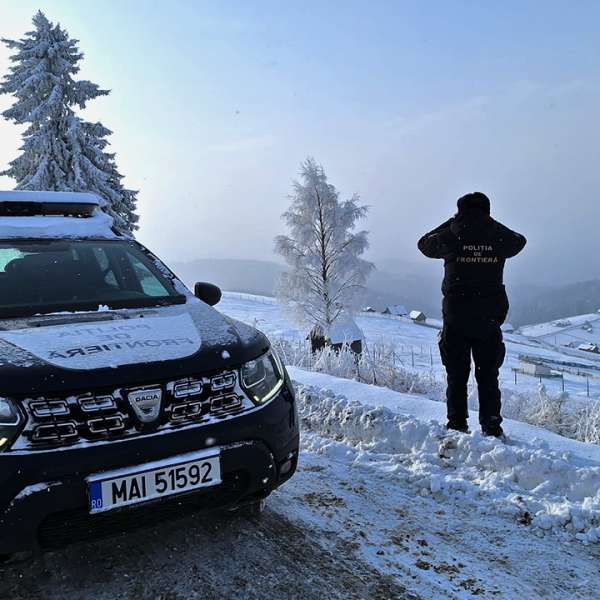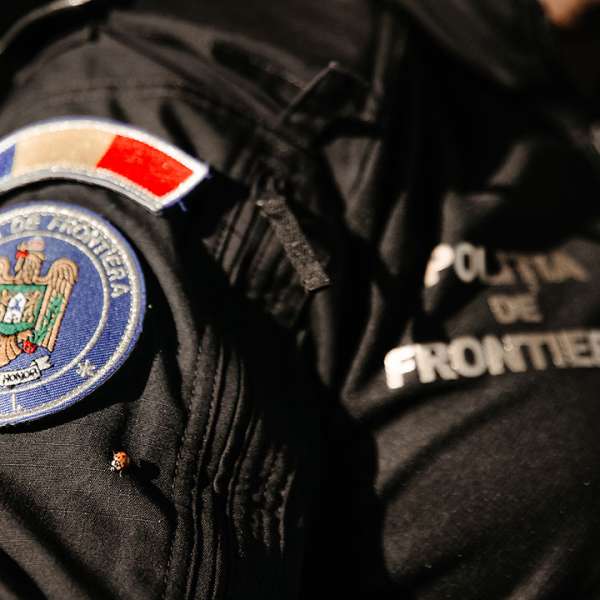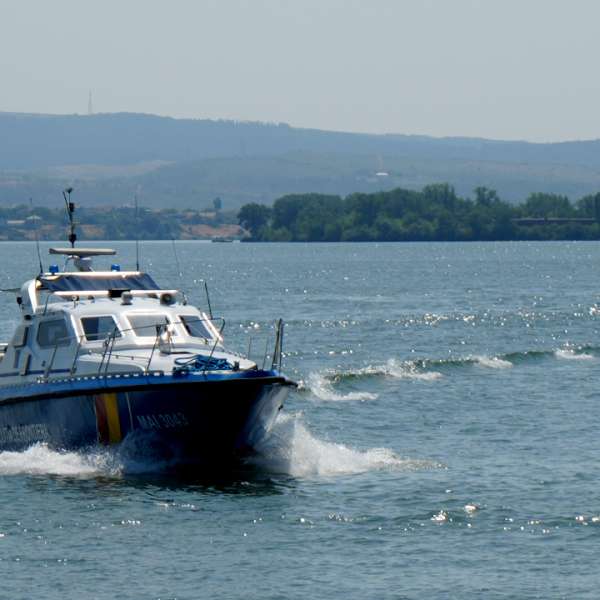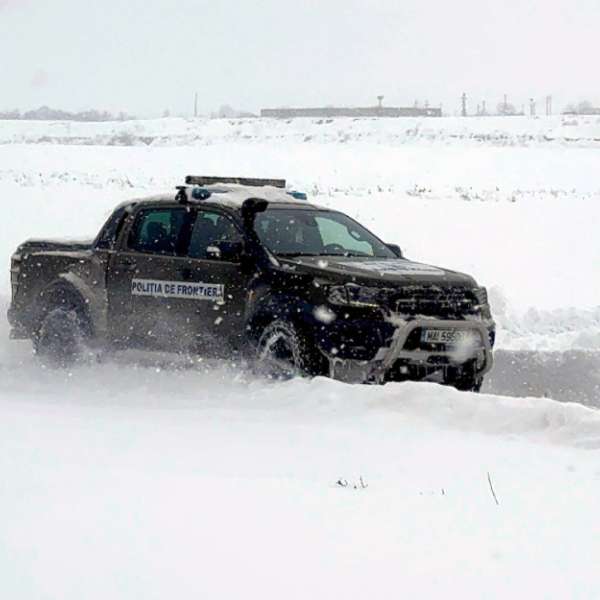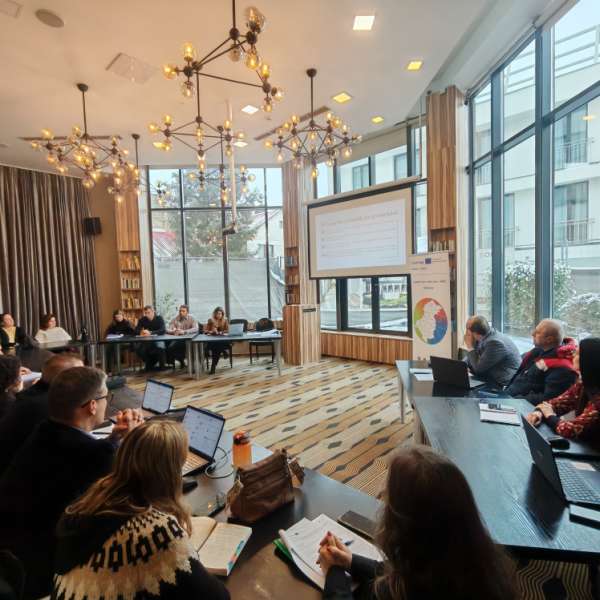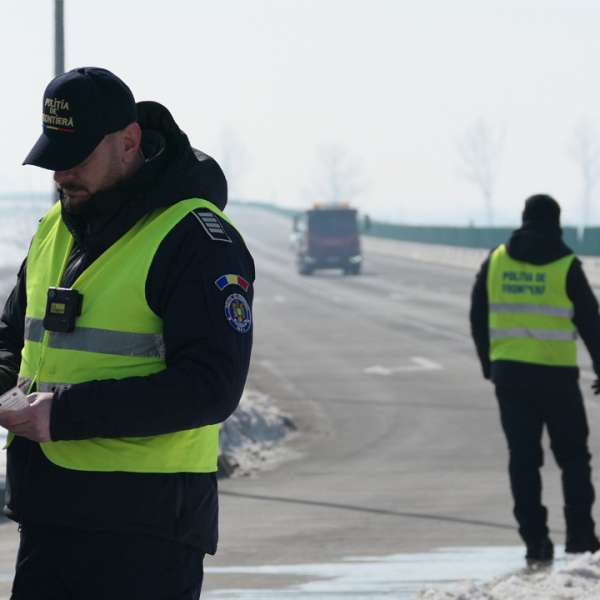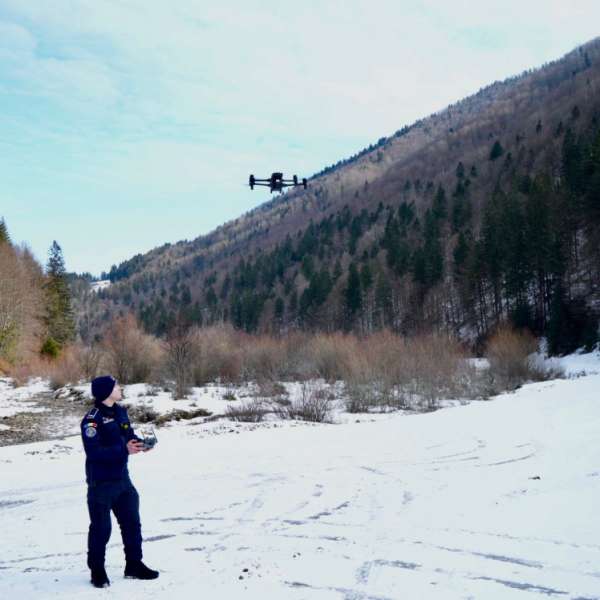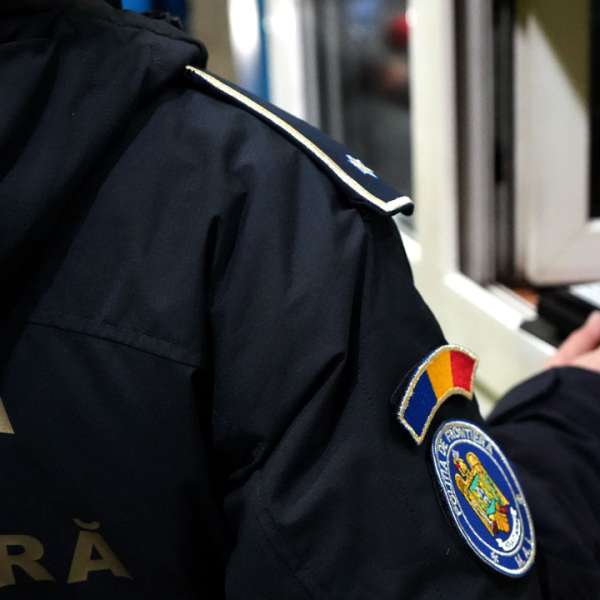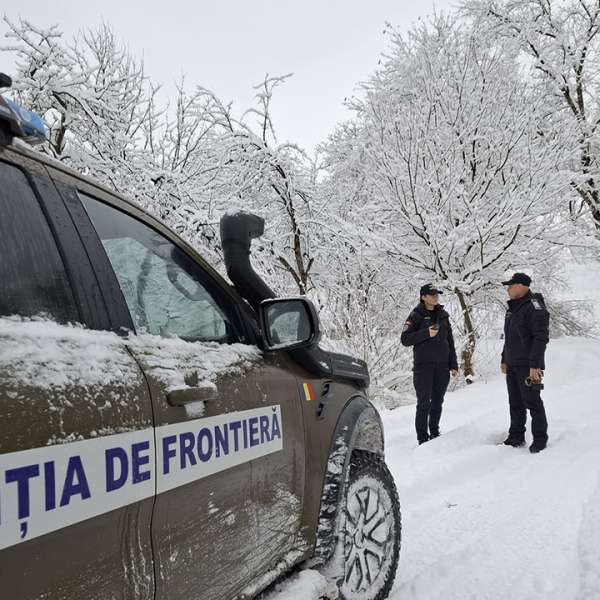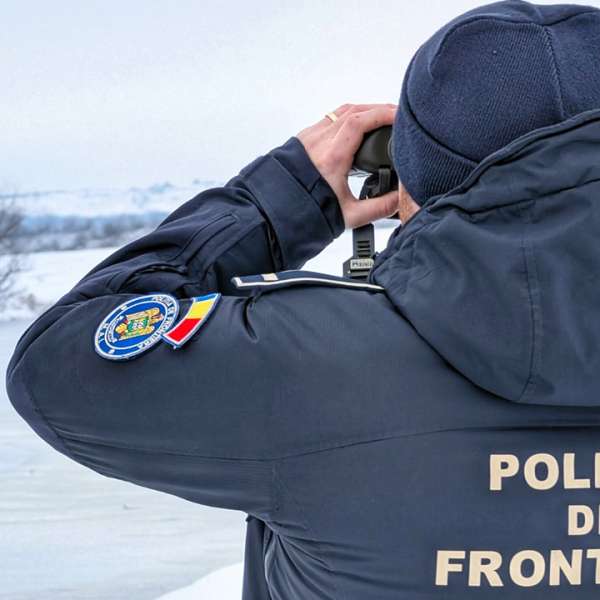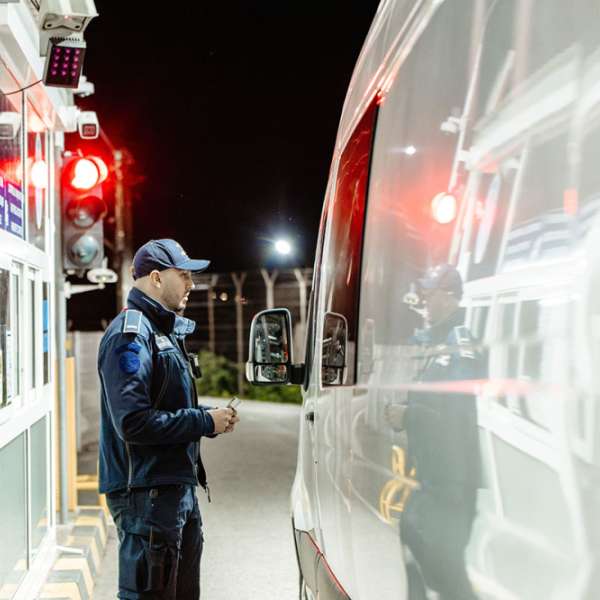We are today at a significant moment for Romania and for the Border Police. The first five months of 2025 have brought on a new context, generated by full integration into the Schengen area, and, at the same time, have challenged us to maintain a high level of security at the external borders of the European Union.
Integration into the Schengen area and our new missions
With the elimination of internal border controls, citizens can travel freely to Hungary and Bulgaria, without stopping at the former border crossings. It is a historic change, but one that comes with responsibilities. We remind everyone that it is still mandatory to have a valid travel document – either an identity card or a passport – and in the case of minors, the same legal conditions regarding accompanying documents remain valid.
Even though we no longer carry out checks at internal borders, the Romanian Border Police continues its surveillance missions in the area of competence, up to 30 km from the border line. Here, our teams carry out mobile checks, in an integrated system with other structures, supported by modern technology, precisely to prevent and combat any risk to border security. And the results were not long in coming – including through seizures of smuggled goods and the detection of people involved in illegal migration.
Border traffic - a change of perspective
Starting with January 1, 2025, with Romania's entry into the Schengen area with land borders, the Border Police no longer performs systematic checks at the internal border, so the records of persons and means of transport are kept exclusively at the external border. Thus, in the first five months of the year, approximately 9.4 million persons and 2.1 million means of transport transited the border.
If we compare the statistical data with last year's at the external borders, this year we have a slight increase of 5 to 7 percent.
Order, safety and law enforcement
Operationally, the Border Police found approximately 13,000 illegal acts, of which 7,700 were minor offenses and over 5,300 were criminal acts.
Most of them targeted:
- fraudulent border crossing,
- acts of smuggling,
- violation of traffic regulations,
- but also increasing cases related to weapons, ammunition and false or forged documents.
At the same time, approximately 4,000 foreign citizens were denied access to Romania – in some cases due to lack of documents, in others because they posed a threat to public safety.
Illegal migration - a phenomenon continuously monitored
The situation of illegal migrants who attempted to cross the border illegally is as follows:
- 390 people were identified on the way into the country,
- and on the way out, 316 people.
If we discuss in terms of comparison, in the first 5 months of the last 3 years the figures are as follows:
- 2023: 15,417 person crossings
- 2024: 4,018 person crossings (approximately 74% decrease compared to 2023)
- 2025: 706 person crossings (approximately 82% decrease compared to 2024)
The main methods of illegal crossing remain:
- crossing the green border (in over two thirds of cases),
- hiding in means of transport,
- the use of false, falsified documents or person substitution. In terms of combating documentary fraud, border guards maintain a constant pace of identifications, being detected, on average,one such case every two days, which reflects the high level of vigilance and professionalism of the operational structures.
In terms of origin, the top 5 citizens are as follows: Iraq, Iran, Syria, Bangladesh and Nepal.
It is important to note that Ukrainian citizens, refugees in the context of the conflict in their country, are beneficiaries of temporary protection on the territory of Romania. The Border Police acts in relation to them in the spirit of international law and humanitarian respect. Thus, during the analyzed period, 2,859 Ukrainian citizens were detected who crossed or attempted to cross the Romanian border illegally.
Illegal cigarette trafficking – active phenomenon, constant fight
Cigarette trafficking remains one of the main forms of smuggling at Romania's borders, generating important profits for criminal networks, but also significant losses for the state budget.
In the first five months of 2025, border police detained for confiscation over 1.48 million packs of cigarettes, with an estimated value of approximately 35 million lei.
In addition to the cigarette packs, the following were also confiscated:
- over 1,100 kg of loose tobacco,
- andapproximately 15 kg of hookah tobacco.
An eloquent example is the case detected in Calafat last month, where, in a tanker apparently transporting gas, my colleagues discovered 1,800,000 cigarettes without a tax stamp, estimated at a value of 270,000 euros.
Here I also recall the case from early April, when border police, under the coordination of DIICOT Iași, dismantled a criminal group made up of Romanians, Moldovans and Bulgarians, with 6 people being detained. Following 26 searches in 11 counties and Bucharest, over 32 million smuggled cigarettes, significant sums of money and equipment for transport and counterfeiting were confiscated, the damage to the Romanian and EU budget being considerable.
Drug and illicit substance trafficking – significant seizures
Drug trafficking and other prohibited substances continue to represent an important risk line at the Romanian borders. Between January and May 2025, border police carried out actions both independently and in collaboration with other structures, under the coordination of DIICOT, and confiscated:
- 902 grams of cocaine,
- 1.2 kg of cannabis,
- 138 kg of marijuana,
- 26 kg of psychotropic products,
- 7 kg of various narcotics,
- and over 200 doses of chemical precursors.
A special case was discovered at Henri Coandă International Airport – Otopeni, where border police identified a man who had ingested 86 cocaine capsules. Through the rapid intervention of the control crews and the collaboration with the medical and judicial authorities, his life was saved, and an international network was dismantled.
Notable results in special lines of work
- Trafficking in stolen cars: 79 means of transport suspected of being stolen were detected, mainly cars registered in Germany, Belgium and Italy.
- Counterfeit goods: over 260,000 counterfeit items were seized, from clothes and shoes to cosmetics, watches and toys – all bearing protected international brands.
- Fish poaching: border police confiscated over 5,400 kg of fish, including protected species, and over 22,000 meters of illegal nets. 189 crimes were detected and 321 sanctions were applied, totaling approximately 256,000 lei.
Waste: 280 waste shipments were identified during the reference period. In 14 cases, the shipments were identified upon entry into the country and, after checks carried out by colleagues from the Environmental Guard and the National Consumer Protection Authority, who found that the legal conditions were not met, they were not allowed to enter the national territory.
Institutional development projects and strategic investments
Currently, the Border Police is carrying out a series of projects financed from European funds - totaling approximately 900 million lei - which play an essential role in strengthening operational capacity, modernizing infrastructure and increasing the level of border security.
These projects aim, among others:
- equipping field crews with modern equipment – from drones and operational special vehicles, to thermal imaging surveillance equipment and patrol boats;
- installation of high-performance equipment for border checks;
- modernization of the SCOMAR surveillance system and other fixed infrastructures;
- rehabilitation of headquarters and operational bases;
- investments in the professional training of border guards;
- ensuring the maintenance of essential systems such as SCOMAR, SCOD, Attica thermal imaging, ABC automatic control systems or the OPV maritime surveillance vessel.
All these results are the fruit of the work of a modern institution, integrated into the European security system, but anchored in the operational reality on the ground. The Romanian Border Police assumes, day after day, the role of guarantor of border security, but also of defender of the European values of free movement.
